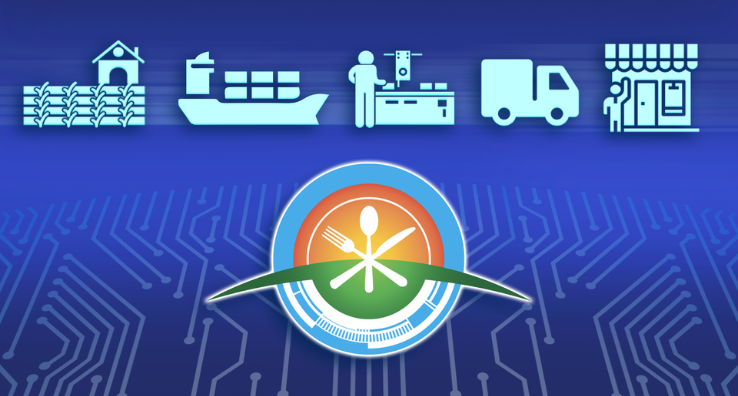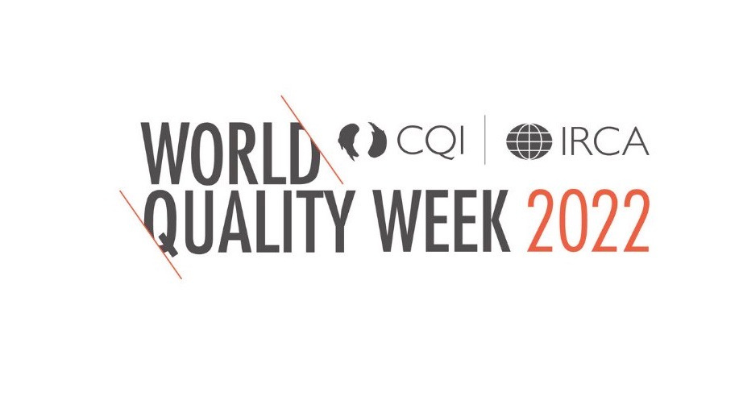Valuing the Whole Person: Redefining Safety, Health & Wellbeing

Let’s acknowledge it up front: the degree of change in the world over the past two and a half years has been immense. Our reactions to the COVID-19 pandemic, both as organizations and as individuals, have created a ripple effect that continues to be felt in nearly every aspect of our lives, but perhaps nowhere more so than in the work environment.
And while the toll of the pandemic has been massive, it has opened up a window for a critical conversation to take place around the way we value the “whole person” at work.
The concept of the whole person – or, as it may be more commonly known, “Total Worker Health” – has gained significant traction over the past decade, fueled in large part by the efforts of the National Institute for Occupational Safety and Health (NIOSH).
But the conversation was injected with incredible weight and urgency as a result of both the pandemic and social justice and racial unrest in the United States. At no point has the opportunity to address the surrounding issues been as great, and as challenging.
When we think about the conversation around the whole person, it may be helpful to categorize it into a few pillars, all of which have a direct impact on and interrelationship with traditional physical safety and health initiatives:
- Physical Wellbeing – “traditional” physical health and wellbeing programs popularized in the past decade of work
- Mental Health – largely “unseen” impacts of mental health and/or illness on safety outcomes
- Stress and Fatigue – impacts of stress, fatigue, and related issues, particularly with respect to safety-sensitive positions
- Substance Misuse – misuse of impairing substances, including alcohol, marijuana, opioids and other drugs
- Psychological Safety – one’s ability to bring their “whole self” to work and to feel empowered to speak up on critical safety and health concerns
- Diversity, Equity, and Inclusion – impacts of engagement (or lack thereof) with inclusion in the context of safety and health.
It may now be clearer why I described our current opportunity as both great and challenging. While these are issues that many safety and health and organizational leaders wish to work on, they are also complex, long-term topics that variously intertwine and impact one another. They cannot be addressed to a great degree of success when treated in isolation.
In short, most organizations and practitioners I speak with want to address these topics. They just don’t know where to start or how to best make a case for action.
My suggestion, as difficult as it may be, is to think about the interrelationship between these topics as a “feature,” not a “bug.” While the complexity may be daunting, it means that the value of working on any one of these six topics will likely transfer in some way to the others.
For example, if your organization wants to focus on diversity, equity, and inclusion (DEI), that’s great. But consider monitoring its impact or building in elements of psychological safety or mental health into these programs and/or the metrics you’re paying attention to.
While this may seem like a small starting point, The National Safety Council (NSC) stands ready to provide support on operationalizing these topics and providing your organization with a plan to follow.
Next June, we will publish two landmark reports, one on DEI and safety and the other a broader roadmap for all six issues, as well as a new framework for the value of safety and health in 2022. The old iceberg model of value that we’re so familiar with is due for an update. We also need an easier way to activate our value in the field through policy and program change. You can find valuable information at the NSC Campbell Institute website.
In the meantime, I encourage you to be part of the safety and health “vanguard” – owning and engaging in these exciting, difficult, critical topics even in the face of uncertainty. After nearly 20 years in safety and health, I’ve learned that “scope creep” is the name of the game, and while this is often uncomfortable, it gives us the unique chance to be on the front end of transformation change.
I look forward to standing with you on the front lines of these issues, and welcome the chance to discuss them further with you in the future. In the meantime, you can also reach out to Intertek Alchemy and their team of consultants to find ways to help you develop and implement programs that focus on Total Worker Health.





